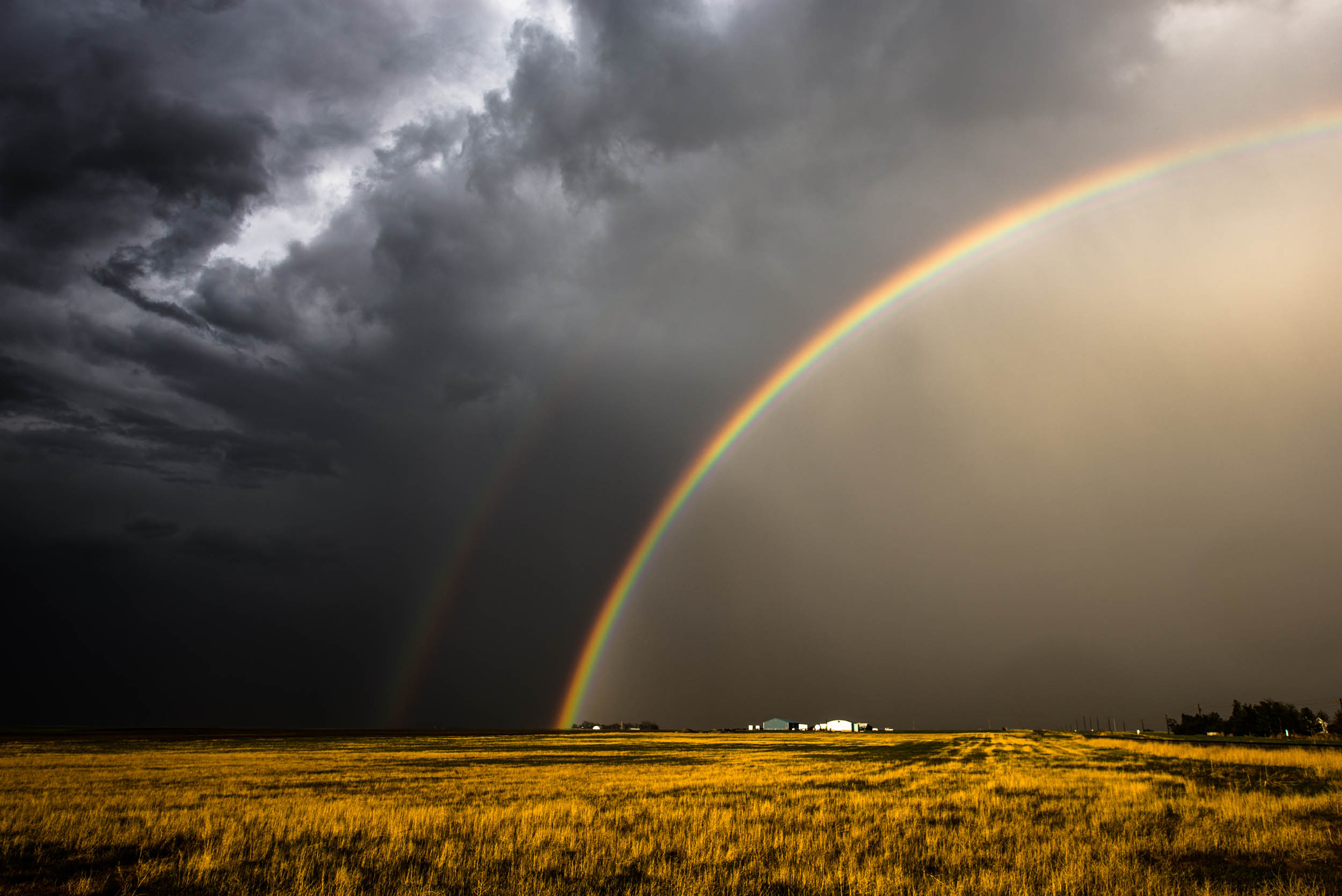Worshipping God as Good Changes Our Perspective

It’s easy to become jaded as we experience disappointments in life. We may think that God has abandoned us or is minimally involved in caring for us and the rest of the world. A certain way of thinking about God can seep into our lives. We may never say it out load, but our inner voice starts to say, “Maybe, God isn’t as good as I once thought. Why would a good God allow this to happen to me or on a larger scale, why does he allow global injustices to persist?”
Many biblical passages herald God’s goodness. Here’s a small sample:
Psalm 145:9 - “The Lord is good to all; he has compassion on all he has made.”
Psalm 34:8 - “Taste and see that the Lord is good; blessed is the one who takes refuge in him.”
Psalm 33:5 - “The Lord loves righteousness and justice; the earth is full of his unfailing love.”
God’s goodness points to His unending generosity. He is for His creation. He is actively involved in caring for and blessing humans, the pinnacle of His creative work, but the rest of His creation, as well. This means that God’s purposes are good purposes; He has creation’s best interests in mind.
Now, of course, God in His sovereignty chose to allow sin to enter humanity. He gives us the freedom to choose for or against Him and His desires for us. This doesn’t undermine God’s goodness. What it does is it gives people a choice to follow or not follow His good path. Regardless of the choices we make, God continues to pour out His goodness on His creation – a creation hurt by sin.
The ultimate expression of God’s goodness was the gift of His son, Jesus. Jesus died for our sins and rose from the dead, so that we might have eternal life. That’s God’s generous goodness in action.
The fact that we live in a well-ordered universe and on a planet that contains so much beauty and potential is an ongoing demonstration of God’s goodness.
Every day, we’re recipients of God’s good gifts. Indirectly, through all that God has embedded in His creation, like the ability to communicate, and through the advancements we’ve made in tending His creation, like listening to music that stirs our hearts. We’re also direct beneficiaries of His goodness as God answers our prayers, often doing far more than we could ever ask or imagine, when God leads us to repentance, forgives our sins as we confess them to Him, protects us from danger or supports us as we experience trials, and supplies us with unending resources to live life well for Him. That’s our good God.


